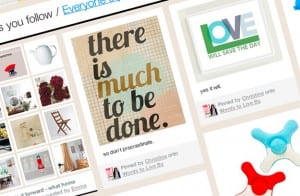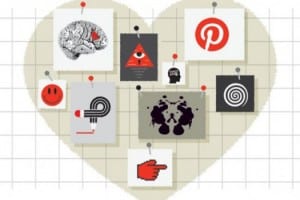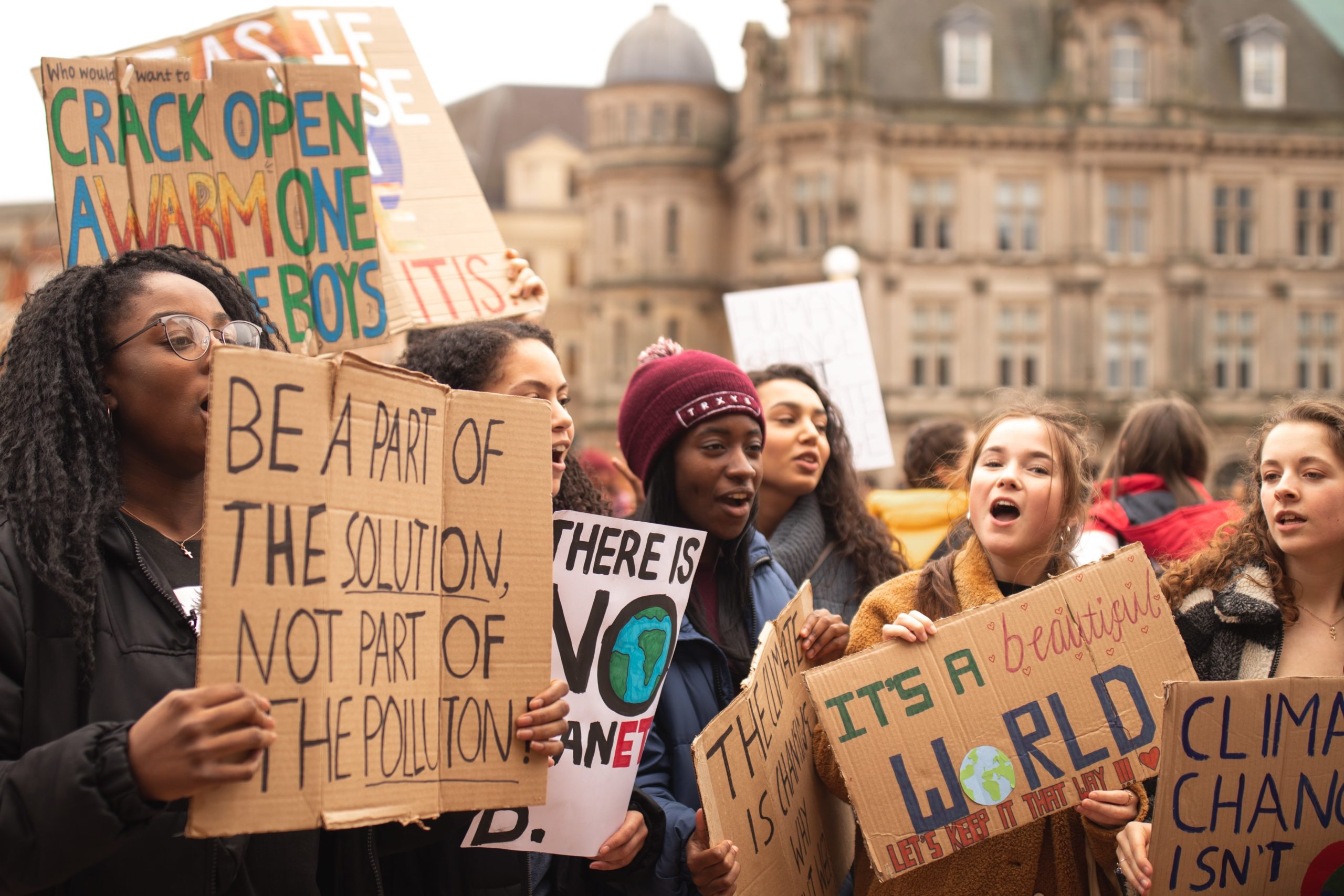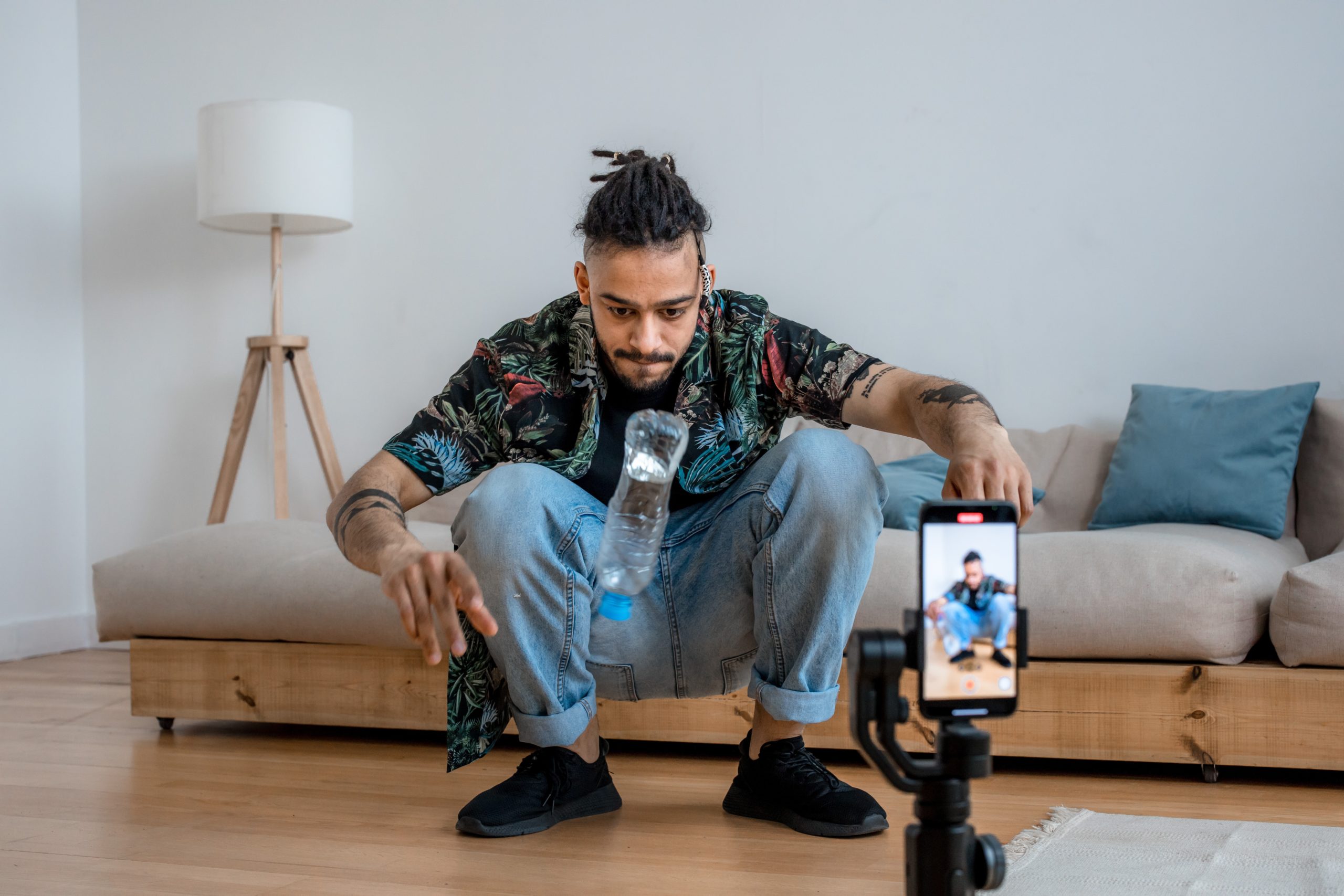 It’s safe to say that in 2013, Pinterest is a “must-do” for many brands looking to actively expand their presence online, especially with an e-commerce platform. So as PR folks, it’s definitely on our radar.
It’s safe to say that in 2013, Pinterest is a “must-do” for many brands looking to actively expand their presence online, especially with an e-commerce platform. So as PR folks, it’s definitely on our radar.
But as a communication mechanism, Pinterest can also meet other ends – a form of self-expression, a catalogue of moods, a visual diary – it’s no wonder the content sharing site is now being leveraged for other fields, even within the realm of mental health.
Pinterest, the pinboard-style photo sharing website, is no longer just an outlet for leisurely content sharing. Now therapists are seeing its merits as well, as art therapy evolves to meet the digital age.
Though Pinterest is best known for eye-pleasing images of brides, food, clothing, and other fun pursuits, these “daydream” boards can reflect a deeper meaning when brought into a therapy session. One Maryland relationship counselor, Crystal Rice, analyzes her clients’ Pinterest boards on a week-to-week basis, with her clients, to get an understanding of their emotional state.
Though patients may not always be able to articulate their mood verbally, visuals provide an intuitive, alternate way for them to tap into emotion. The extreme simplicity of the Pinterest format makes it easy for patients to engage, and serves as a natural conversation-starter for each session.
Many users find the act of creating Pinterest boards is therapeutic in its own right, but this social tool has made the leap into the actual therapist’s office. Is the inkblot test finally fading away in favor of virtual visual introspection?
This article first appeared on PSFK.



